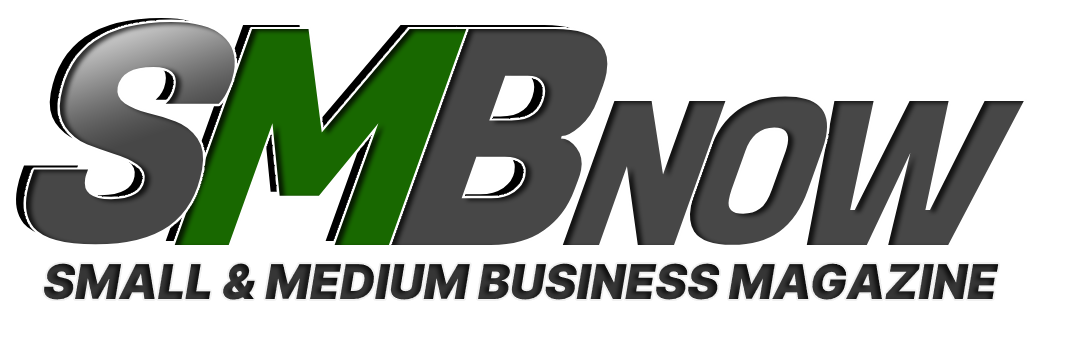12 Accounting Tips for SMBs
Wednesday, October 17, 2007Posted by John Beagle
An Accounting Checklist Test for Small Businesses
by John Beagle
Take a snapshot of your SMB's financial health. Is it improving or is it on the decline. Are you forgetting a crucial check and balance that could severely damage your SMB's health? Check fraud, missing cash, and vague accounting procedures are three of the common problems that can damage or destroy your company's financial health and increase financial risk.
Here is an accounting checklist. A test meant to help you focus on crucial aspects of your SMB's finances.
Do you?
1. Maintain records regularly. This is one of the most basic rules: If you don't keep accurate daily records, you don't have an accurate way to track the financial condition of your business. Different people use different record-keeping systems; what matters is that you have one and use it every day. Once you have a good system set up, accurate record keeping will take just a few minutes a day.
2. Handle and review checks carefully. It's easy to be on autopilot when you're writing checks and tossing canceled ones into a filing cabinet without reviewing them. Remember: Those checks are as good as cash. And if something goes wrong, you — not the bank — will be on the hook. This means keeping your checks in numeric order, not skipping checks, and keeping separate bank accounts for your business and personal funds.
3. Protect your company from check fraud. Set up financial limits for checks with your bank. Require 2 signatures for checks over $5000. Ask that your bank never cash checks made out to an individual, except for payroll checks, which should be written from a payroll account and only to designated individuals. Keep inventory of blanks checks -- and keep all checks secure in a safe or lockbox. Take the same care with checks as you would with cash. Sign checks using a clear, distinctive signature that won't invite forgery. Review all canceled checks with your banks online if possible, or if mailed open the cancelled checks first, that way you can catch unauthorized checks.
4. Keep careful records of all bills paid. Your financial records serve not only as the basis for cost controls, but also as your tax records. Better yet, use a computer. Computer bookkeeping software like QuickBooks and Quicken is absolutely essential for all but the smallest businesses. These applications make it easy to track income and expenses, prepare tax documents, summarize your company's financial activities and back up records for safekeeping. If you're working with an outside bookkeeper, make sure they have the capability to use an accountants copy of your data.

5. Review all financial statements regularly. If more than a week goes by without looking at your expenditures and income, you might get a big surprise that is too old to deal with. Too often, this results in errors or overlooked payments.
6. Hire a bookkeeper or accountant if you're too busy to keep your books. Many part-time or contract bookkeepers work at an hourly rate. Services included would be: paying salaries, coordinating and handling accounts receivable and payable, balancing ledgers and checkbooks, and organizing financial information required for business plans, loan proposals, cash-flow statements, etc.
7.Reconcile your all bank statements as quickly as possible after receipt. Here's another tip: Get a bank statement with a month-end cutoff. Synchronizing your bank statement with other monthly records will make it much easier to reconcile your statement and track expenses.
8. Set cost-control systems. You or someone in an executive position should approve all purchases over a certain dollar amount. Encourage employees to turn in all recipts and include a description of need and importance. This includes cash, credit and credit card purchases.
9. Monitor your collection procedures and outstanding invoices. Payment terms should be written on every invoice you send out. Terms should be agreed upon with clients before a job is started. Ask that payment be made within 15 or 30 days of invoicing. When working on long projects, charge at regular intervals. Don't wait until your bill is so high that if payment is not made you'll be financially hurt. Cash flow depends not only on how much you make per hour, but also on receiving a timely payment.
10. Keep up to date on all tax and accounting rules. Tax rules change yearly. It's better to keep abreast of these changes yourself so you don't have to depend completely on your accountant.
11. Pay yourself first to help fund your retirement. As the saying goes, no one else will watch out for your retirement funding. Take a specified amount from each incoming check (recommended is at least 10 percent) and put it into your retirement account.
12. Keep it simple and straightforward. Create an accounting routine for each month. A streamlined, systematic accounting procedure will help you avoid mistakes, minimize interest expense & penalties.
Well, how did you do? If you do less than 12 items, you might need to take additional precautions in protecting your company's health.
